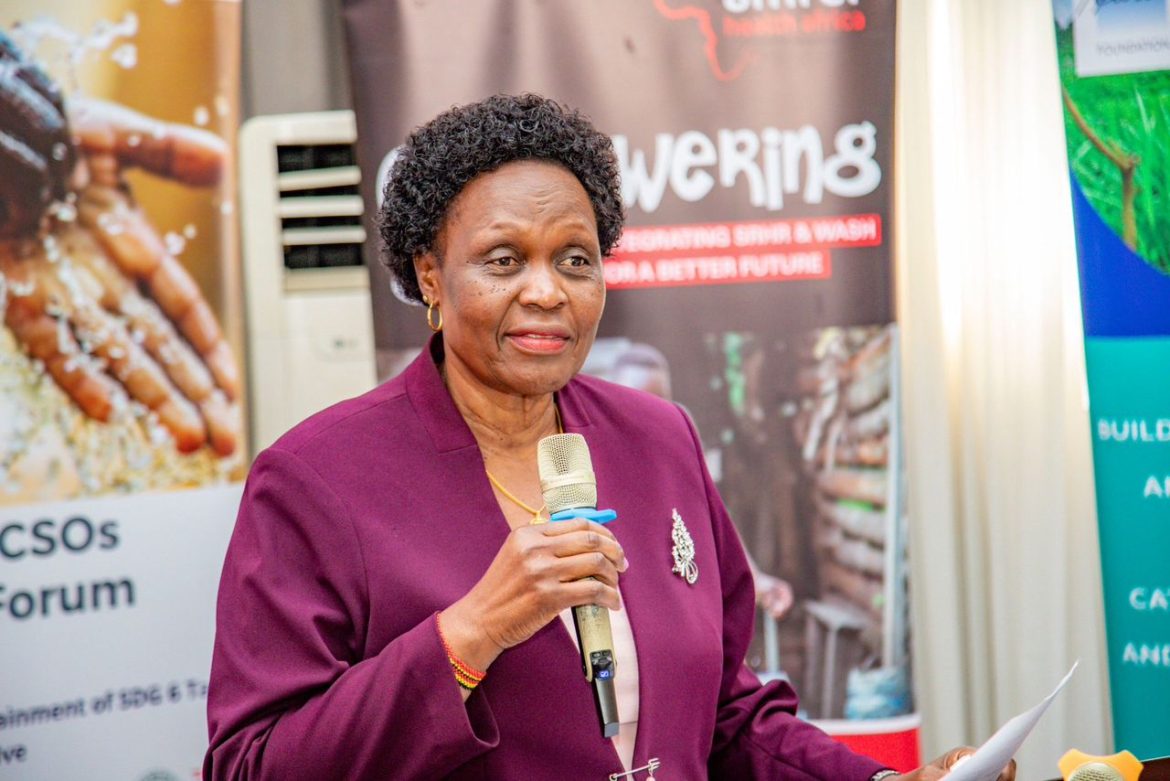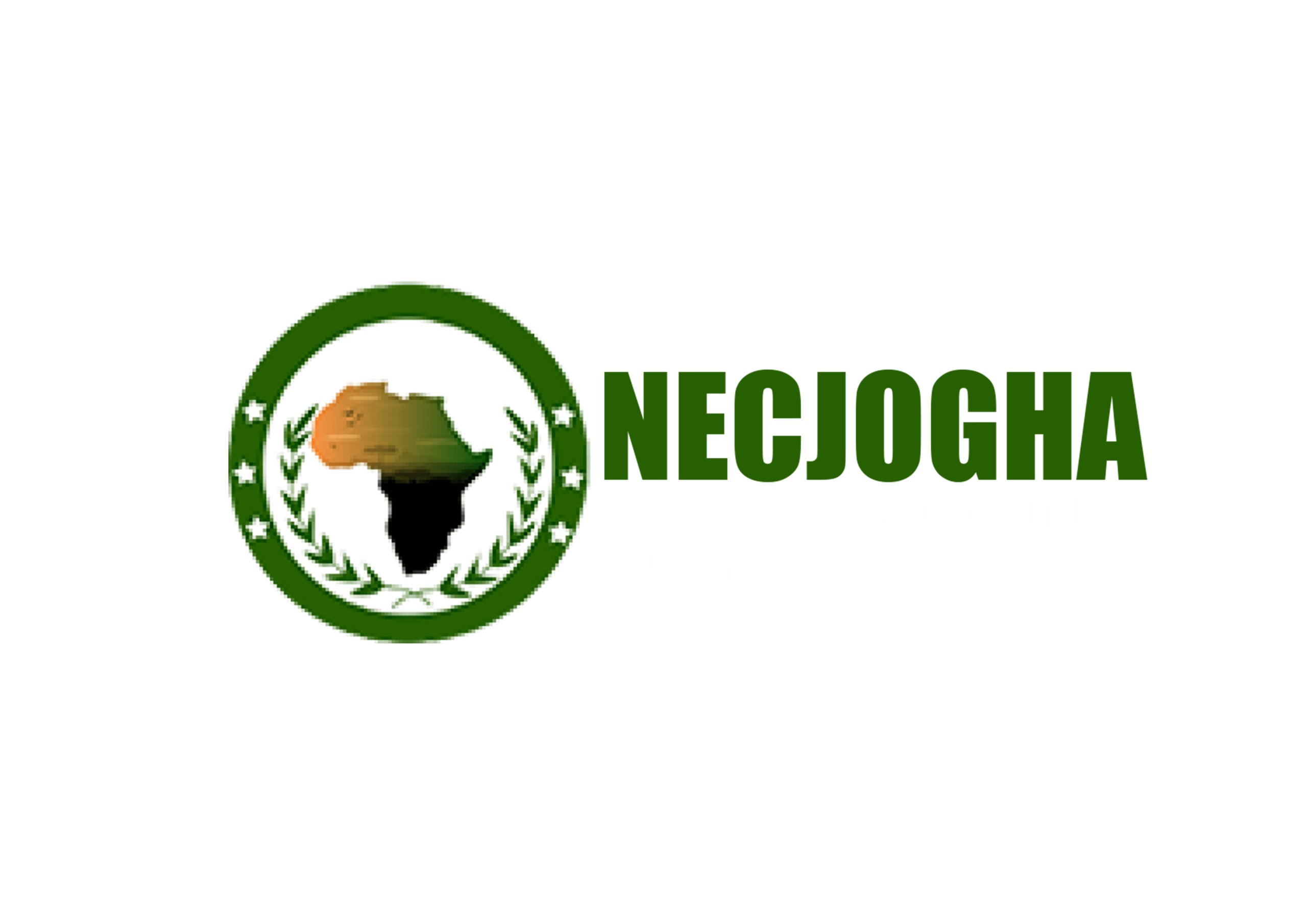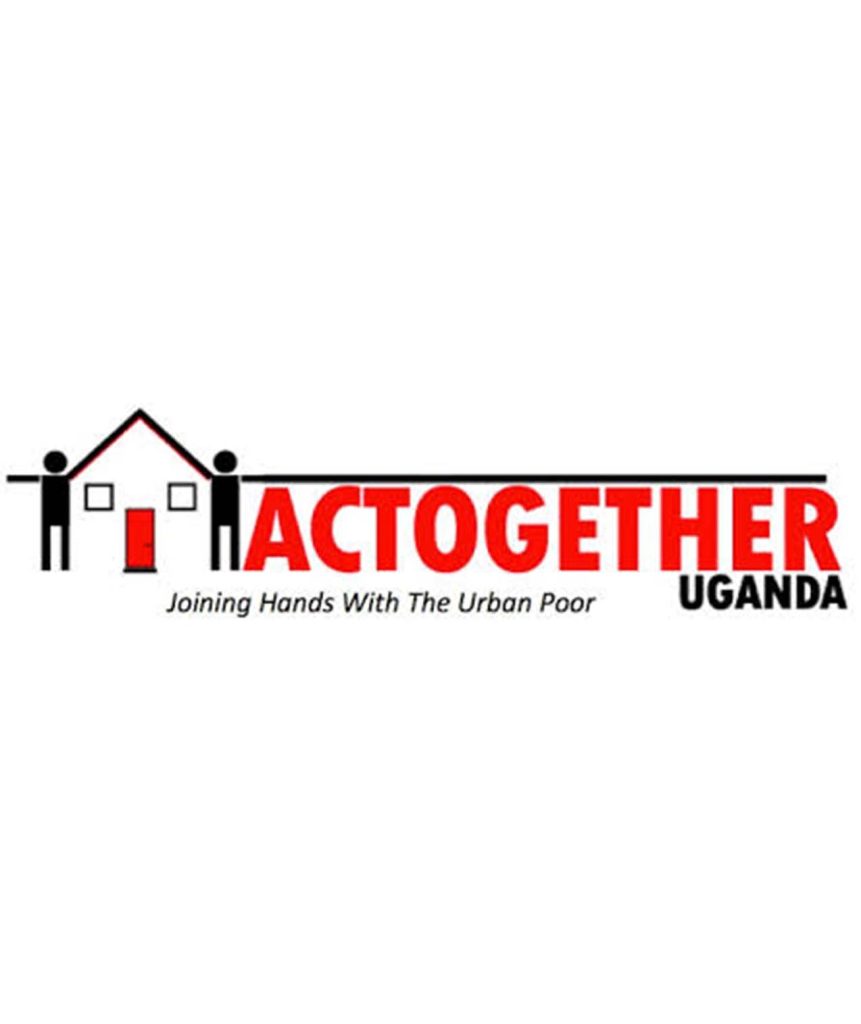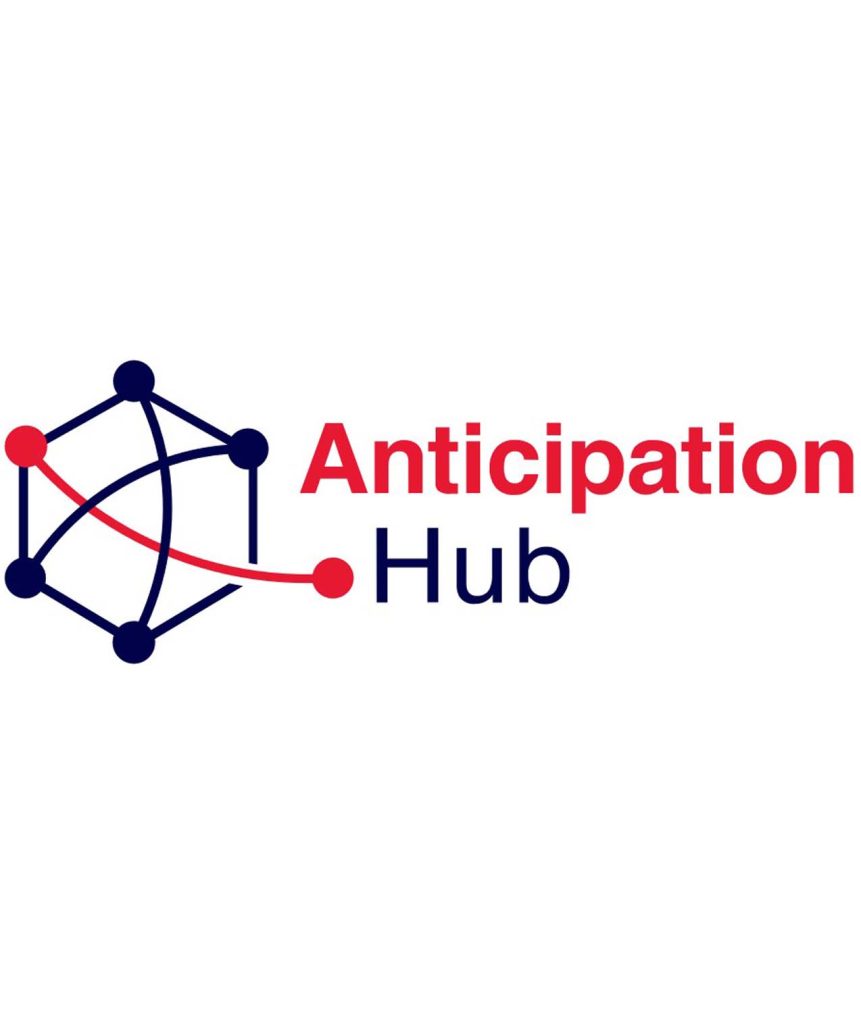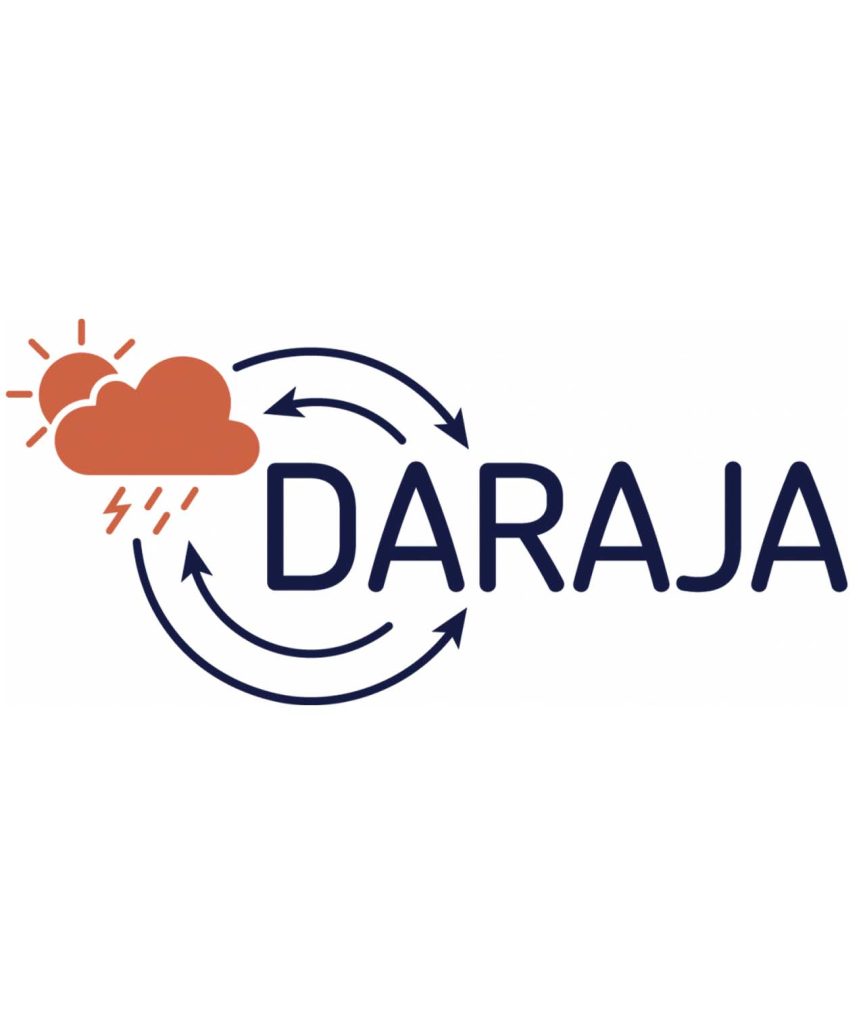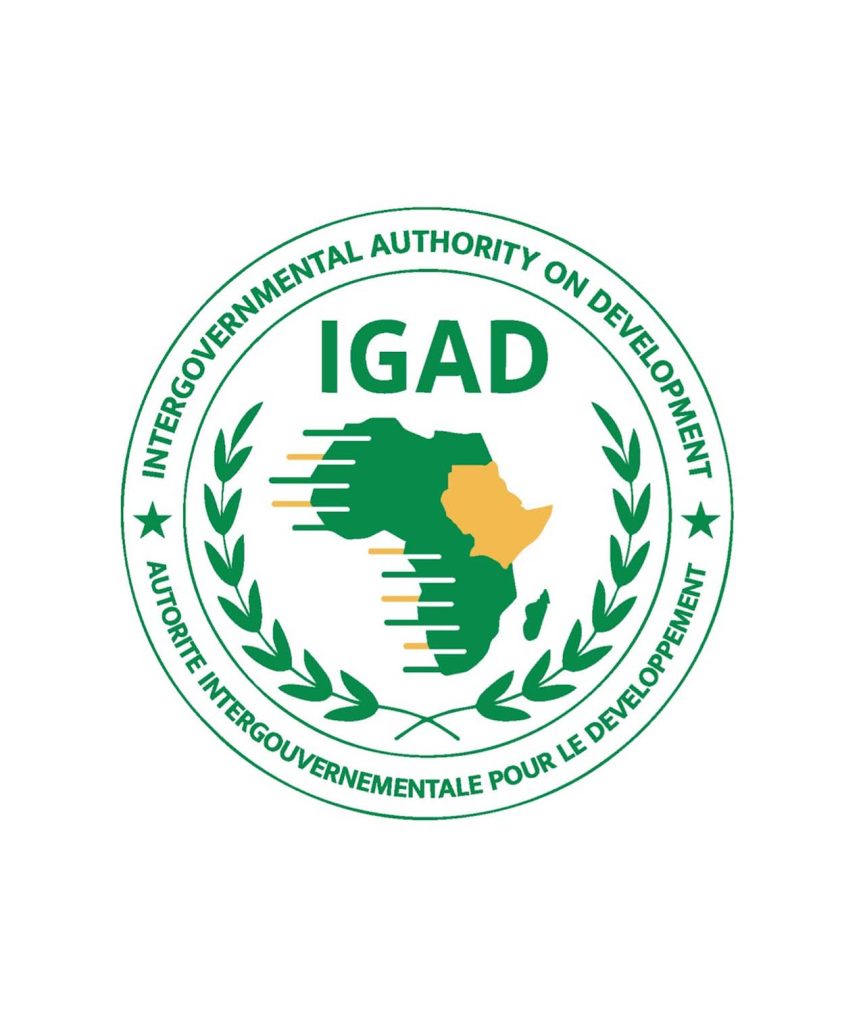By Muhamadi Matovu | Monday, October 6, 2025
Uganda’s major water sources are under threat as climate change, poor land management, and rising population pressure continue to dry up rivers, wetlands, and forests, the Minister of State for Water and Environment, Beatrice Anywar, has warned.
She called on citizens to adopt responsible and sustainable water-use practices to protect the country’s dwindling water resources.
Speaking on the ongoing degradation of natural ecosystems, Anywar said wetlands, forests, and riverbanks, which previously acted as reservoirs and natural filters, have been destroyed, destabilising water systems that sustained communities for decades.
“The water sources have been destabilised because of climate change. The effects of climate change have dried the water sources,” she said.
Topics You Might Like
The minister highlighted that human activities, including deforestation, wetland encroachment, and pollution of riverbanks, have further aggravated the problem.
“In Uganda, where water sources under the banks of rivers were protected, we have destroyed them. We have cut down trees, encroached on wetlands, and exposed water bodies that once sustained our communities,” she said.
She noted that while Uganda’s population continues to grow, the country’s water resources remain constant or are declining, creating an urgent need for behavioural changes in water consumption.
“The population is increasing, but water sources are not. People must now learn to use our limited resources economically. We can no longer afford to waste water or food as we used to,” Anywar cautioned.
The minister urged households and institutions to adopt water-saving measures similar to those used in arid regions, such as reducing bathing time, limiting unnecessary flushing, and preventing wastage during daily use.
“It’s high time we tell Ugandans that we need to start using our limited resources wisely. The world of plenty that we knew is gone,” she said.
The warnings come amid growing concerns from civil society organisations over Uganda’s persistent water and sanitation gaps.
At the 15th Annual Civil Society Forum on Water and Sanitation, Eunia Musaazi, Executive Director of the Uganda Water and Sanitation Network (UWASNET), highlighted that more than 10,000 villages, over 5,000 schools, and nearly 2,000 health facilities still lack access to clean water and proper sanitation.
“Every year we meet to deliberate on how we can reach communities without access to clean water and sanitation. More than 10,000 villages, over 5,000 schools, and nearly 2,000 health facilities still lack safe water and proper sanitation facilities,” Musaazi said.
She noted that while government funding for the sector currently stands at about Shs 3 trillion annually, the shortfall to achieve universal access exceeds Shs 5 trillion, highlighting the need for innovative approaches and strong partnerships.
“We are now brainstorming innovations that are practical, culturally appropriate, and sustainable, while also involving academia, the private sector, and NGOs,” Musaazi added.
The forum, attended by over 200 CSOs, government representatives, development partners, and media, focused on innovation and sustainability to bridge the financing and infrastructure gaps in the sector.
Discussions emphasised the importance of efficient resource use and coordinated partnerships that align local initiatives with national priorities.
Anywar reminded NGOs that tariff-setting is the responsibility of government through local authorities.
CSOs stressed that effective coordination between government agencies and implementing partners is essential to equitable service delivery.
Musaazi underscored that achieving Sustainable Development Goal 6, which aims for universal access to clean water and sanitation, will require sustained investment, innovation, and accountability from all stakeholders.
“We must build systems that empower communities, promote transparency, and ensure no one is left behind,” she said.
Originally published: Nile Post

